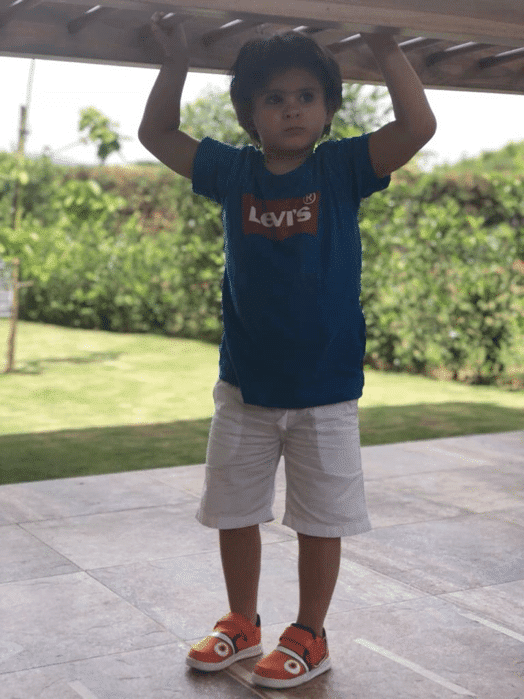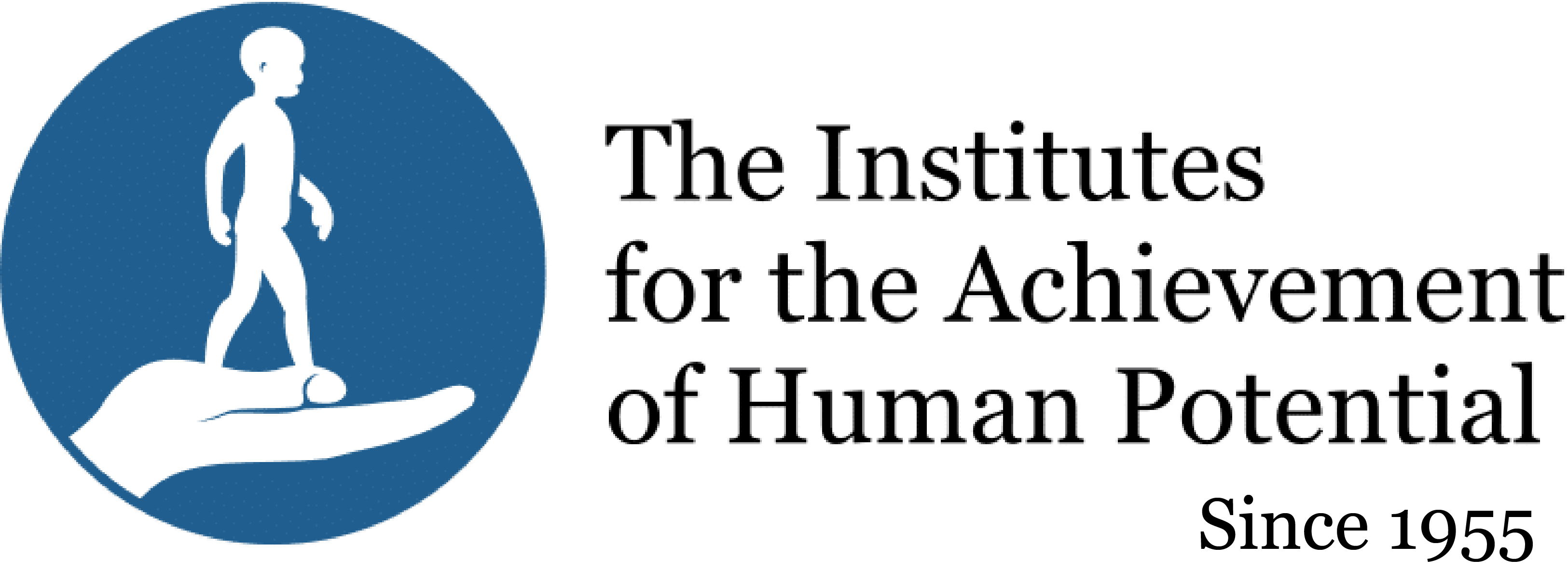- About
-
-
-
-
-
Connect with us
-
-
- Special Needs Child
-
-
-
-
-
Upcoming Course
-
-
- Early Development
-
-
-
-
-
Upcoming Courses
No course items found.
-
-
- Success Stories
- Store
- Consultation/Consulta
Call us +1 (215) 233-2050
- Search
Developmental Delay
Is a diagnosis of Developmental Delay a life sentence?
Overview Developmental Delay
“Developmental Delay” and “Pervasive Developmental Disorders” (PDD) are labels that describe a group of 5 conditions that share common patterns involving difficulty with communication and socialization. Medical professionals and doctors sometimes give children with these problems a very negative outlook for health and success in life.
Our programs are based on a more modern understanding of these conditions. “Developmental Delay” and “Pervasive Developmental Disorder” (PDD) are not diagnoses but rather descriptions of a set of symptoms in a brain-injured child.


Recovery from Developmental Delay
To be successful one must treat the brain, where the injury actually exists. The Institutes offers a comprehensive home program that focuses on neurological growth and development. Our goal is physical, physiological, intellectual, and social growth towards excellence for each child.
Parents may wish to bring their child to The Institutes. After a detailed history is taken and a careful and thorough evaluation is completed, a diagnosis is made and a home treatment program is designed for each child and carefully taught.
Myths & Facts
Myths
Myth About Developmental Delay
- They will always be slow learners.
- Their speech, coordination, and behavior problems are unlikely to change.
- They may need to be medicated.
Facts
Our View on Developmental Delay
- They can learn just like other kids.
- Their neurological problems can be treated.
- Amphetamines, barbiturates, anti-psychotic, and tranquilizers alter brain function.
Developmental Delay Success Stories
Parents from around the world have helped their children diagnosed with Developmental Delay or PDD to move along the path to wellness. Using the programs developed by The Institutes, children diagnosed with Developmental Delay or PDD have been able to improve function and, in many cases, perform at peer level-and above.

Tae – Mother
When Tae was four years old, her parents were advised to put her on anticonvulsant medication and to begin physical therapy to help her catch up to her peers, but nothing they did helped her to improve. Today, she’s flourishing as a mother to her own children.
Reagan – Age 6
When Reagan was born, she did not have a birth cry and had difficulty breathing. Within the first week of life, Reagan had difficulty eating and at 6 days old she began having seizures. Today, after her work at The Institutes, she’s on the path to wellness.

Lucas – Age 7
“After attending this course, our lives changed completely. Our food changed completely and we began an intensive physical program. We stopped traveling three times a week to do conventional therapies and devoted ourselves to working at home in preparation for our first evaluation in Philadelphia.”
Get The Tools You Need To Support Your Child’s Development
Upcoming Courses
For Parents of Hurt Children

What To Do About Your Brain-Injured Child
A life-changing course. Parents learn what to do, how to do it and why it works. Presented in English & Spanish

 Donate
Donate
